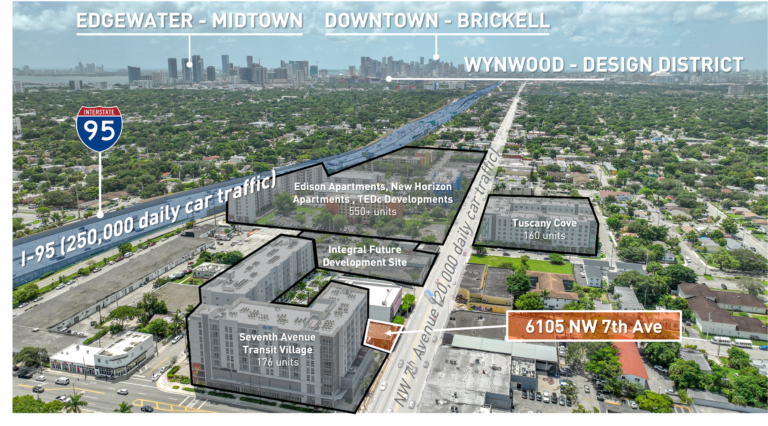Navigating the commercial real estate market can be a complex and daunting task. Whether you’re a seasoned investor or a business owner, the intricacies of negotiating a commercial real estate transaction require expertise, strategy, and an objective perspective. Enter the third party: a skilled intermediary who can significantly enhance the negotiation process. In this post, we will expose the various benefits of involving a third party in your commercial real estate negotiations and how their expertise can be the key to securing the best possible deal.
Expertise and Experience
One of the most compelling reasons to involve a third party in your commercial real estate negotiations is their specialized expertise and experience. Real estate brokers, lawyers, and consultants are professionals who understand the nuances of the market. They bring a wealth of knowledge about current market trends, property values, zoning laws, and other critical factors that can influence the outcome of a transaction. Their experience allows them to foresee potential pitfalls and navigate through complex legal and financial landscapes during critical points in the deal.
Objective Perspective
Negotiations can often become emotionally charged, especially when significant investments are at stake. A third party provides an objective perspective, helping to keep negotiations focused on the facts and the ultimate goals of the transaction. Their impartiality ensures that decisions are made based on sound reasoning rather than emotional impulses, which can be particularly beneficial in avoiding costly mistakes and ensuring a fair outcome for all parties involved.
Enhanced Negotiation Strategies
Third-party negotiators are skilled in the art of negotiation. They employ advanced strategies and techniques that can significantly improve the terms of the deal. Their ability to remain detached and professional allows them to advocate effectively on behalf of their clients, pushing for favorable terms and conditions that might otherwise be overlooked. Additionally, their familiarity with common negotiation tactics used by other parties enables them to counter effectively and maintain a strong bargaining position.
Time and Resource Efficiency
The process of negotiating a commercial real estate transaction is time-consuming and resource-intensive. Engaging a third party allows business owners and investors to focus on their core activities while the intermediary handles the complexities of the negotiation. This delegation not only saves time but also ensures that the transaction is managed by someone with the appropriate skills and resources. The efficiency brought by a third party can accelerate the negotiation process, leading to a quicker and more satisfactory resolution.
Access to Networks and Resources
Third-party negotiators often have extensive networks and access to valuable resources that can benefit the transaction. They have relationships with other real estate professionals, lenders, inspectors, and legal experts who can provide critical insights and services. These connections can facilitate smoother transactions, from securing financing to conducting due diligence and ensuring compliance with legal requirements. The added advantage of their network can lead to more comprehensive and informed decision-making.
Risk Mitigation
Commercial real estate transactions come with inherent risks, including financial, legal, and operational challenges. A third party can help mitigate these risks by conducting thorough due diligence, identifying potential issues, and developing strategies to address them. Their expertise in contract negotiation and knowledge of regulatory requirements ensure that all aspects of the transaction are scrutinized, reducing the likelihood of unforeseen complications that could jeopardize the deal.
Improved Relationship Management
Maintaining positive relationships with all parties involved in a real estate transaction is crucial for its success. A third party can act as a buffer, managing communications and negotiations in a manner that preserves goodwill and fosters collaboration. By handling potentially contentious discussions and resolving conflicts diplomatically, they ensure that the transaction proceeds smoothly, and that relationships remain intact post-transaction.
Conclusion
Involving a third party in your commercial real estate negotiations is not merely a luxury but a strategic necessity. Their expertise, objectivity, and negotiation skills provide a significant advantage in securing the best possible terms for your transaction. By entrusting the complexities of negotiation to a professional, you can focus on your core business activities, confident that your interests are being expertly represented.
In the high-stakes world of commercial real estate, the value of a skilled intermediary cannot be overstated. Whether you are buying, selling, or leasing property, a third party can be the difference between a good deal and a great one. Embrace the benefits of professional negotiation assistance and unlock the full potential of your commercial real estate endeavors.







